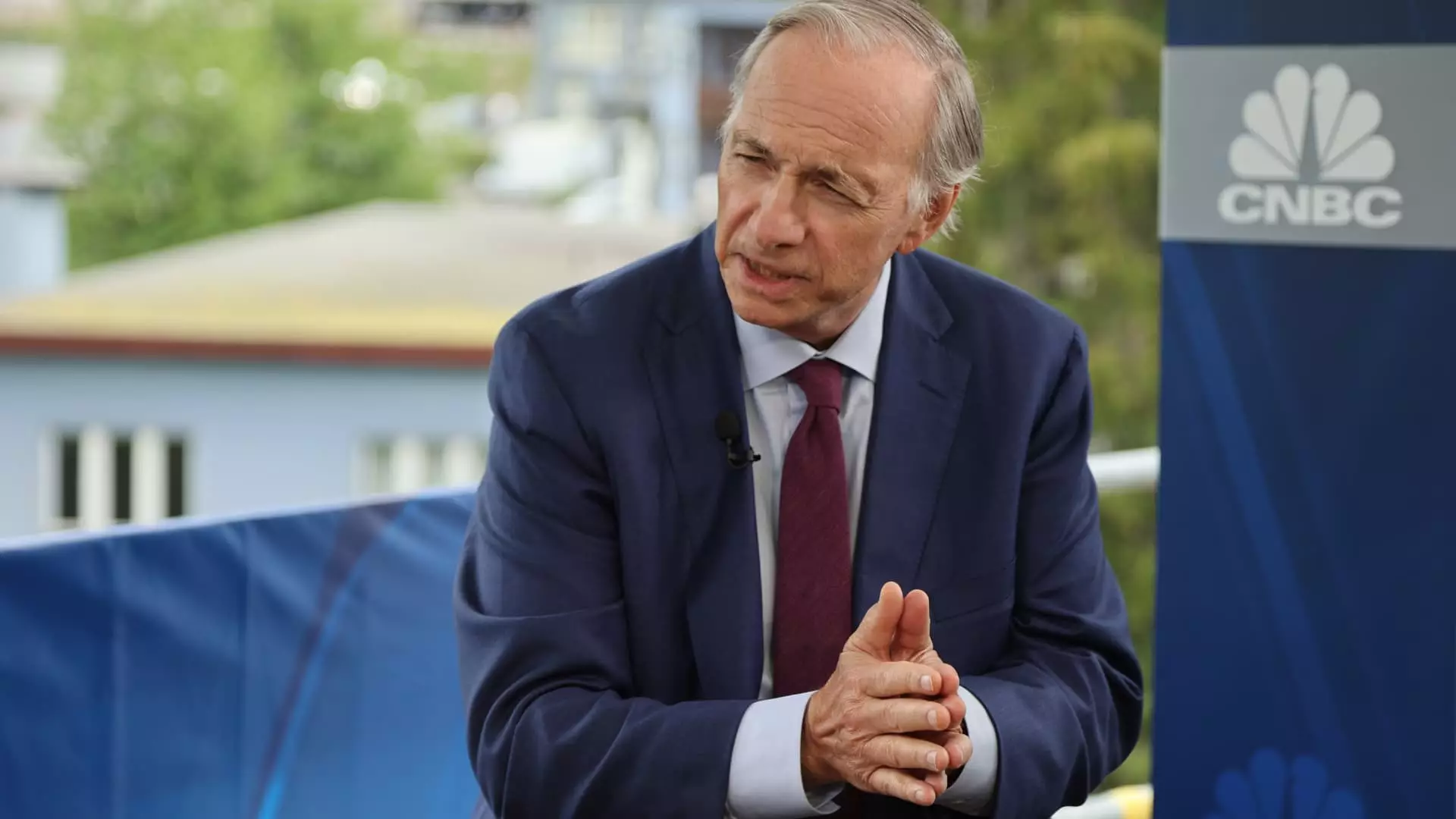Visionary investor and Bridgewater Associates founder Ray Dalio recently made headlines with his assertion that the 2024 U.S. elections may very well represent the most pivotal moment in American history. In his observations, Dalio highlights a growing divide that could jeopardize the functionality of the nation’s democratic systems. His pointers shed light on the pressing need for a “strong leader of the middle,” which aligns with his call for Americans to pursue “broad-based prosperity.”
Dalio articulates critical concerns over the prevailing political landscape, noting how the polarization between Republicans and Democrats has intensified. He remarked on the troubling prospect that the upcoming elections might not result in an orderly transition of power, a cornerstone of American democracy. Such tensions raise alarm bells, signifying a potential deterioration of societal cohesion, as acceptance of election results becomes contingent on partisan desires.
In particular, Dalio emphasizes that the entrenched “win-at-all-cost mentality” is detrimental to governance and decision-making. This unyielding partisanship complicates opportunities for compromise—an essential ingredient for effective democratic functioning. Issues such as abortion rights, immigration reforms, and climate policies have become battlegrounds that further entrench party lines, fueling public discontent. Yet, beneath these divisive topics, there lies a shared concern: the rising inflation and crushing cost of living affecting citizens regardless of their political affiliation.
This fact poses a profound challenge; even as partisan debates ensue, everyday Americans grapple with economic hardships. Polling data indicate that these issues resonate deeply with the electorate, suggesting that a candidate addressing these universal concerns might be the most viable option for securing a large voter base.
Dalio’s critique of the current political offerings reveals his disillusionment with both party choices in the presidential race. Declining to support either extreme, he argues that the eventual success of the United States hinges on the emergence of moderates who can bridge divides and catalyze meaningful reforms. His commentary uncovers the urgent need for unity and cooperation—a call for leadership to unify rather than polarize.
The investor draws an interesting parallel to foreign success stories, particularly Singapore, which exemplifies a society where broad-based prosperity has successfully cultivated social order and economic opportunity. He acknowledges the innovative spirit within American society, especially in educational and cultural sectors, yet contends that these benefits are not evenly distributed. It becomes clear that without intentional efforts to create inclusive models of prosperity, the divide is likely to persist.
In anticipation of the 2024 elections, Dalio’s insights serve as a somber reminder of the state of the American political landscape. To prevent escalating internal discord, a restructuring of priorities is desperately required. Broad-based prosperity is essential, fostering unity and enhancing the standard of living for all citizens.
Moving forward, potential leaders must prioritize collaboration over conflict, recognizing that the strength of the nation lies in its diversity. As the 2024 elections loom, Dalio’s call to action resonates loudly: America must center its values around compromise and collective welfare to navigate through these tumultuous times and emerge as a cohesive society.

